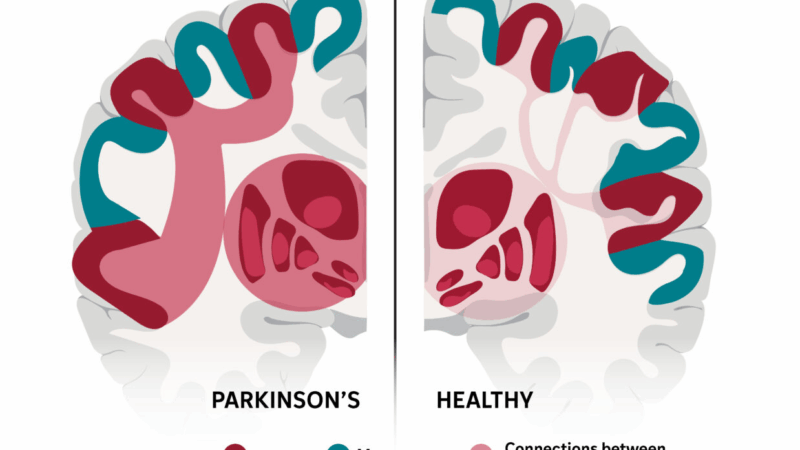Taiwan votes to decide whether to oust lawmakers from China-friendly party
TAIPEI, Taiwan — Taiwanese were voting Saturday to determine whether to oust about one-fifth of their lawmakers, all from the opposition Nationalist Party, in elections that could potentially reshape the power balance in the self-ruled island’s legislature.
The independence-leaning ruling Democratic Progressive Party won last year’s presidential election, but the China-friendly Nationalists, also known as the KMT, and the smaller Taiwan People’s Party have enough seats to form a majority bloc.
Those who support removing the 24 lawmakers are angry that the KMT and its allies have blocked key legislation, especially the defense budget, and passed controversial changes that are seen as diminishing the power of the executive and favoring China, which considers the island its own territory.
The opposition parties’ actions sparked concerns among some Taiwanese about the island’s democratic integrity and its ability to deter Chinese military threats, leading to the recall campaigns. The scale of the recall elections is unprecedented, with another seven KMT lawmakers facing similar votes on Aug. 23.
But the KMT alleged the ruling party was resorting to political retaliation after it lost the legislative majority, saying the recalls were undermining and challenging Taiwan’s democratic system.
The KMT holds 52 seats, while the ruling DPP holds 51 seats. For the DPP to secure a legislative majority, at least six KMT lawmakers would need to be ousted, and the ruling party would need to win all by-elections, which would need to be held within three months following the announcement of results.
For the recall to pass, more than a quarter of eligible voters in the electoral district must vote in favor of the recall, and the total number of supporters must exceed those against.
If KMT loses its seats in the recall elections, the party can file new candidates for the by-elections and may be able to win back the seats.
Outside a Taipei polling station, voters old and young were waiting in line to cast their ballots. The poll will close at 4 p.m. local time, with results expected on Saturday night.
The elections have intensified tensions between those backing the status quo and those favoring improved ties with Beijing. Critics accuse China-friendly politicians of compromising Taiwan and take issue with their meetings with mainland Chinese politicians. But these Taiwanese politicians claim their connections are vital for dialogue given Beijing’s refusal to interact with the DPP.
When asked about the recall election, China’s Taiwan Affairs Office spokesperson Zhu Fenglian said in June that since the administration of Taiwan President Lai Ching-te came into power, it has sought to achieve “one-party dominance” and practiced “dictatorship” under the guise of “democracy,” state broadcaster CCTV reported. She was quoted as saying that Lai’s government has spared no effort in suppressing opposition parties and those who supported the development of cross-strait relations.
Taiwan’s mainland affairs council said Wednesday that the Chinese authorities and state media had tried to blatantly interfere with the vote.
An ape, a tea party — and the ability to imagine
The ability to imagine — to play pretend — has long been thought to be unique to humans. A new study suggests one of our closest living relatives can do it too.
How much power does the Fed chair really have?
On paper, the Fed chair is just one vote among many. In practice, the job carries far more influence. We analyze what gives the Fed chair power.
‘Please inform your friends’: The quest to make weather warnings universal
People in poor countries often get little or no warning about floods, storms and other deadly weather. Local efforts are changing that, and saving lives.
This complex brain network may explain many of Parkinson’s stranger symptoms
Parkinson's disease appears to disrupt a brain network involved in everything from movement to memory.
How the use of AI and ‘deepfakes’ play a role in the search for Nancy Guthrie
As artificial intelligence becomes more advanced and commonplace, it can be difficult to know what's real and what's not, which has complicated the search for Nancy Guthrie, according to law enforcement. But just how difficult is it?
Immigration officials to testify before House as DHS funding deadline approaches
Congressional Democrats have a list of demands to reform Immigration and Customs Enforcement. But tensions between the two parties are high and the timeline is short – the stopgap bill funding DHS runs out Friday.








